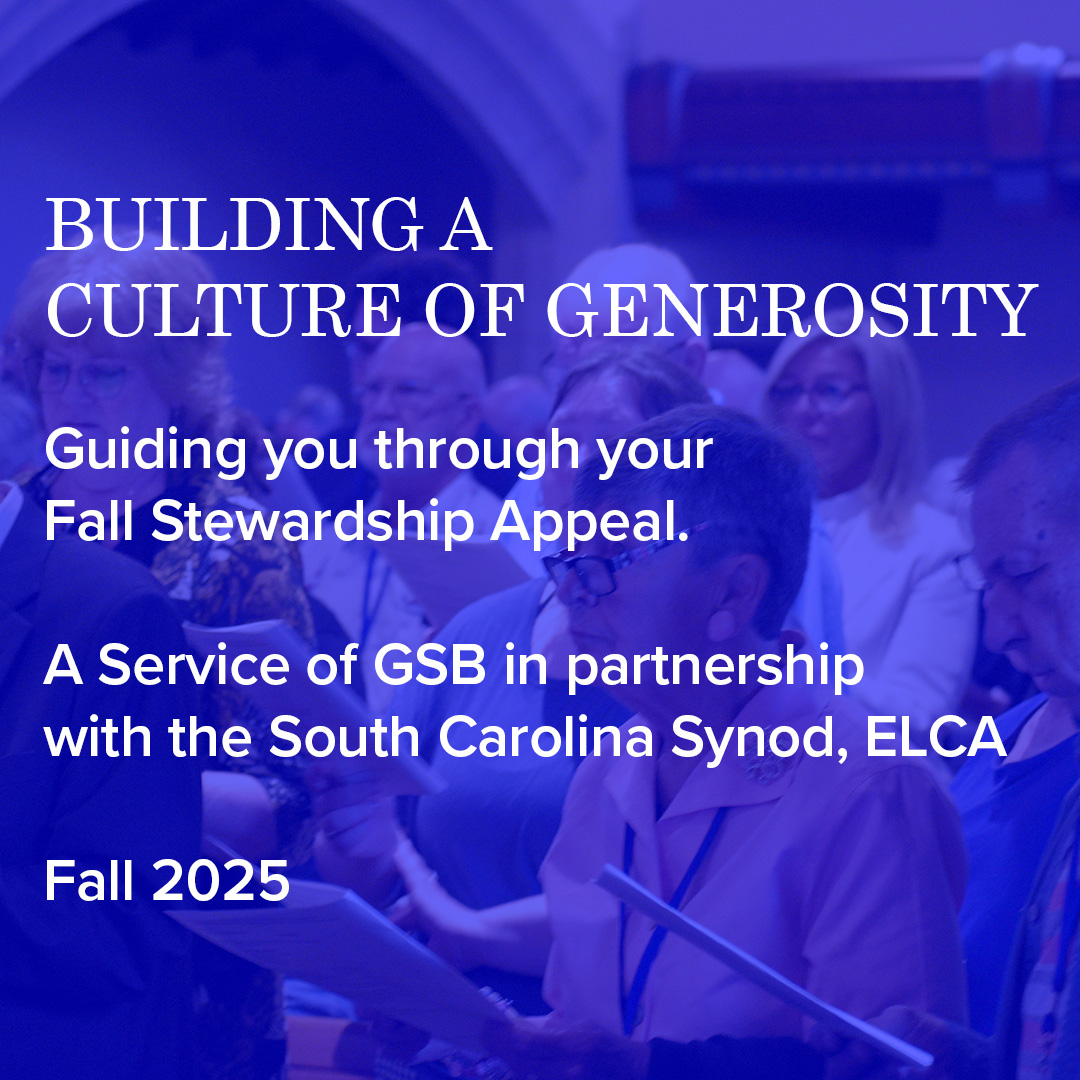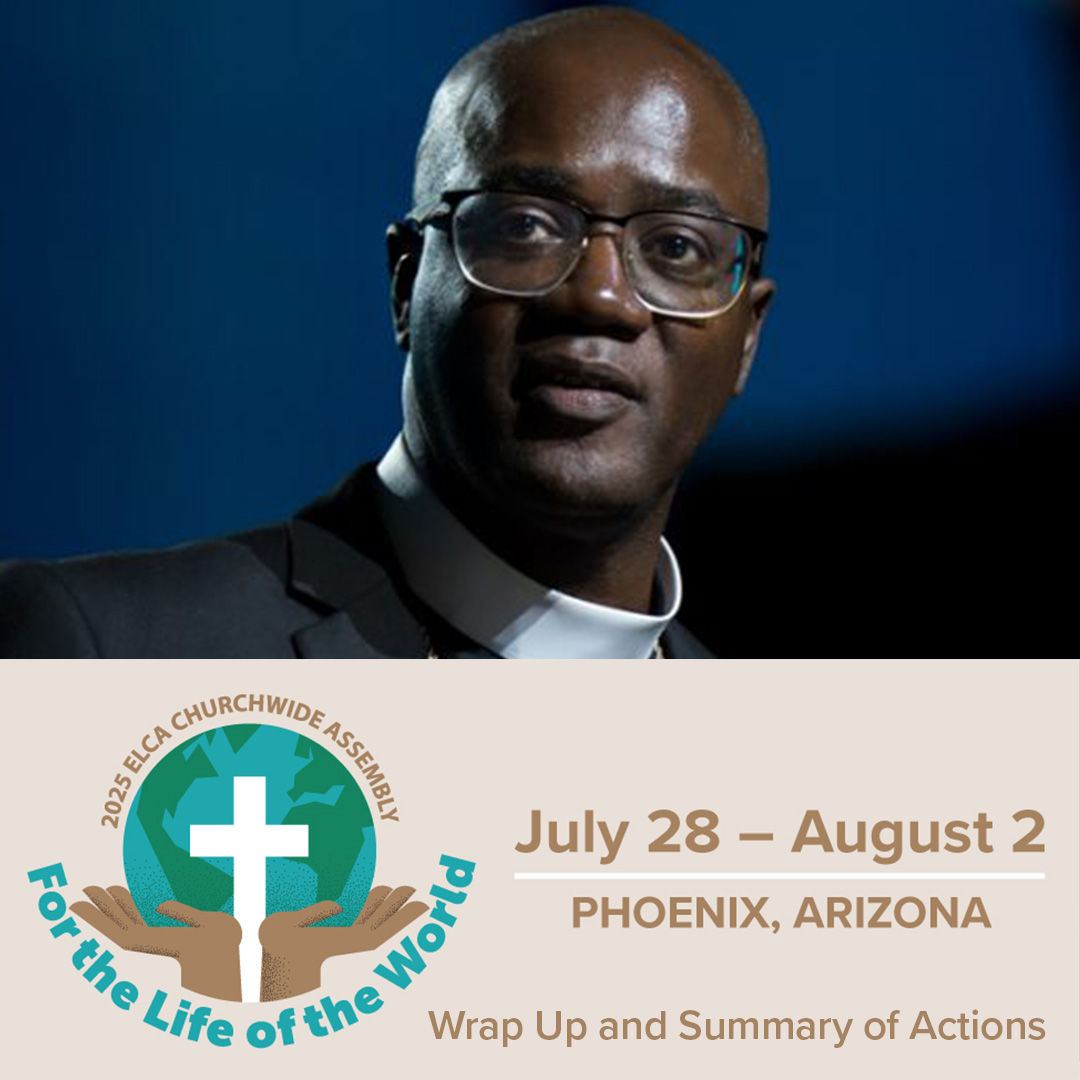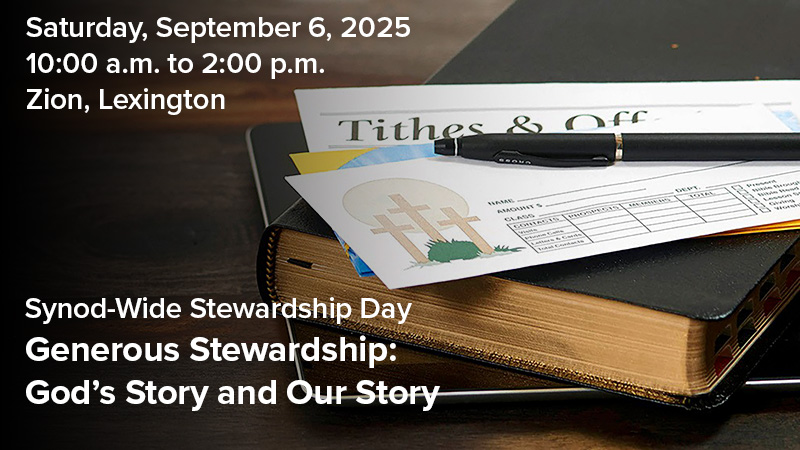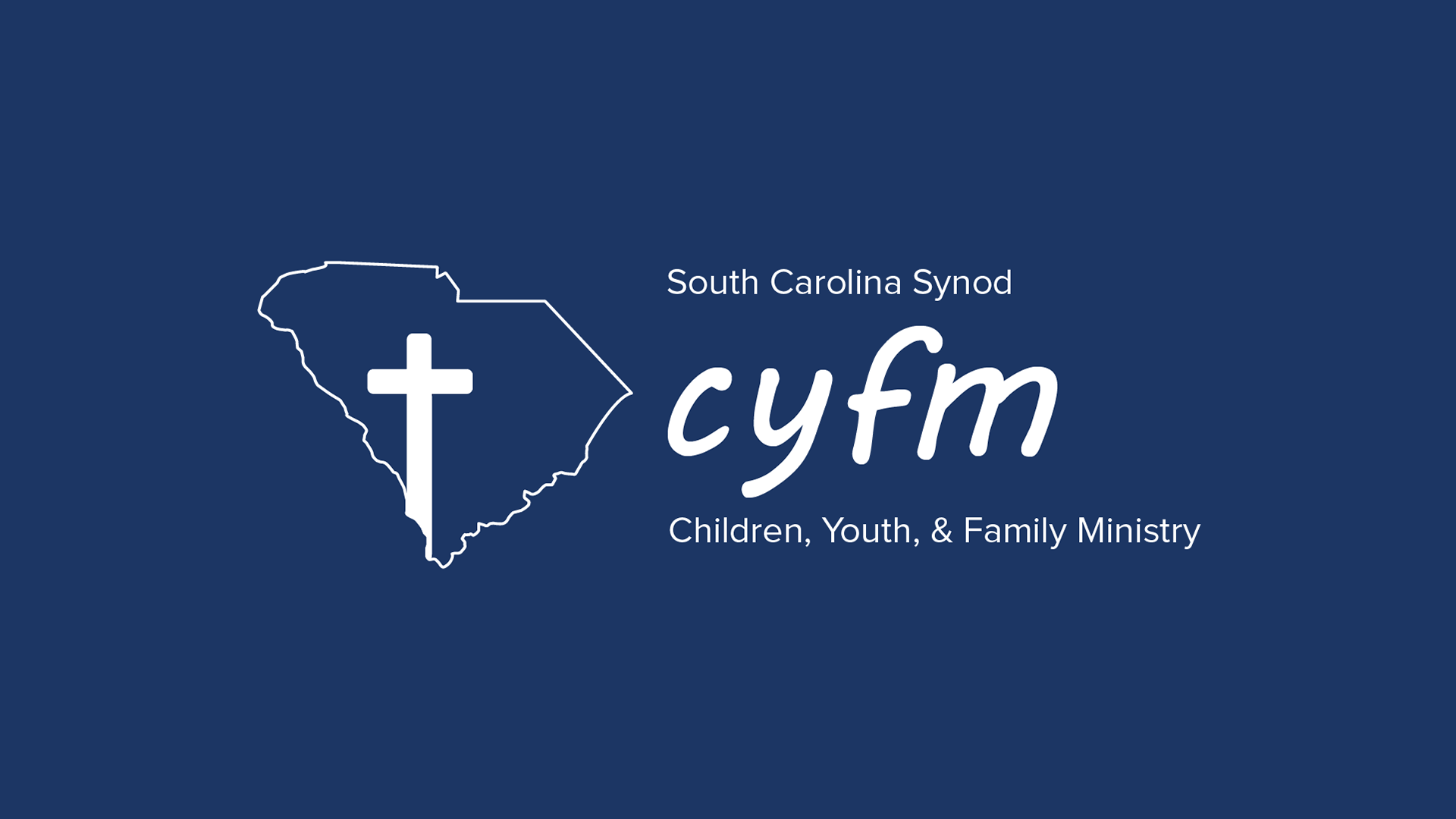Are you ready for a year of epic adventures, deep dives into faith, incredible friendships, and unforgettable memories?
Get excited because the South Carolina Synod Children, Youth and Family Ministry Cabinet is thrilled to unveil our calendar of events for the 2025-26 season!
This year, our theme is “LET YOUR LIGHT SO SHINE!” We’ll be exploring what it means to discover our gifts, embrace belonging, impact our community and become faithful leaders and disciples of Christ. Mark your calendars and get ready to connect, learn, serve, and have a blast! A schedule is included in this month’s newsletter below.
Children’s Ministry
Creating an environment that fosters spiritual growth and reflects God’s love is essential. Here are some best practices to help you cultivate a successful children’s ministry, ensuring it positively impacts the next generation.
II. Creating Engaging and Effective Ministry:
- 5. Develop a Strategic Plan:
- Create a plan to achieve your ministry’s goals.
- Collaborate with children, parents, leaders.
- 6. Provide First-Rate Training:
- Equip parents and volunteers with relevant training.
- Utilize workshops, seminars, online resources, and books.
- 7. Connect with Jesus and His Story:
- Make Christ-centered and Scripture-rich teaching a priority.
- Focus on the Gospels and building a relationship with Jesus.
- 8. Support Families:
- Empower parents as primary disciplers of their children.
- Provide resources for home faith discussions.
- Offer advice, spiritual counsel, and dialogue.
- Utilize resources about “Family Faith Formation”.
- 9. Cultivate Intergenerational Relationships:
- Facilitate interactions between children and different generations.
- Engage grandparents in active discipling roles.
- Utilize resources about how to include grandparents in children’s ministry.
- 10. Be Inclusive:
- Welcome children of all abilities, ethnicities, and backgrounds.
- Make activities accessible to children with diverse needs.
- Utilize resources that give tips to include every child.
- Actively involve children in the church’s mission.
- 11. Prioritize People, Not Programs:
- Build genuine relationships with children and families.
- Offer relational support.
- Be present at special events, and engage in meaningful conversations.
- 12. Create Small Groups:
- Organize groups by age or interest for deeper connections.
- Equip leaders to facilitate meaningful discussions.
- Encourage family involvement in small group activities.
- 13. Engage Families:
- Plan family events for fellowship and community.
- Provide resources for continuing faith discussions at home.
- Seek regular feedback from parents.
- 14. Measure Success:
- Set measurable goals.
- Conduct regular assessments and adjust your approach.
- Celebrate progress and share successes with the congregation.
- 15. Teach Yourself:
- Continue to learn and grow in your ability to minister.
- Read from trustworthy sources, connect with other children’s ministry leaders, and attend training.
- 16. Pray Earnestly:
- Make prayer a central part of your ministry strategy.
- Pray for the children, volunteers, and families.
Key Principle:
“The aim isn’t to grow children’s ministry; it’s to grow children” in their love and devotion to Jesus.
RESOLUTION FOR CHILD PROTECTION POLICY
We believe a child protection policy is vital for congregations.
- The primary reason is to protect children from all forms of abuse. Congregations often provide environments where children are present and therefore have an obligation to ensure their safety.
- A policy builds trust and transparency.Parents entrust their children to the congregation’s care, and so a visible and well-communicated child protection policy reassures parents that their children are in a safe environment, fostering trust and encouraging participation.
- A policy provide clear guidelines for staff and volunteers on appropriate behavior when interacting with children, how to respond to disclosures of abuse, and reporting procedures. They form the basis for training programs, screening processes for all volunteers and staff who work with children, including background checks, references, and interviews.
- Caring for the spiritual, emotional, and physical well-being of all members, especially children, is central to the mission of many congregations. A child protection policy is a tangible expression of these values.
- Last but not least,congregations have a legal “duty of care” to individuals, especially vulnerable populations like children, who are under their supervision. Failing to protect children can lead to severe legal consequences.
In summary, a child protection policy for congregations is not just a matter of compliance; it’s a moral and legal necessity, and a foundational element for creating a safe, trustworthy, and thriving environment for children and the entire congregational community.
RESOURCES FOR CHILD PROTECTION POLICIES
Other Faith Communities
Church Protection Resources | EPC
Guidelines-for-Child-Protection-Policy-FINAL-012820.pdf
Child-Youth-Vulnerable Adult Policy 2020 (GA 2020) (00131876).DOCX
SafeSanctuaries-Small-Churches-0517.pdf
SAMPLE POLICIES OF CONGREGATIONS
Child Protection Policy (CPP) – Faith Lutheran Church
Good Shepherd Lutheran Church – Alexandria, VA | Child Protection
TRAINING
Safe Gatherings – Mandated Reporting
Workshop:
CHILD AND YOUTH PROTECTION POLICY FOR CHURCHES AND FAITH COMMUNITIES
Thursday, October 16, 2025
10:00 AM – 12:30 PM
Columbia, SC
Presenter: Lexanne Graves, Pinnacle Associate
Location – TBD, Columbia, SC
Cost: $50
Anticipated Outcomes for Participants:
- Educate participants about facts of child sexual abuse and understand the risks
- Focus on ways to minimize the risks specific to one’s context
- Provide multiple resources on creating one’s policy
- Discuss trainings and screenings needed and how to handle reporting child sexual abuse
- Craft an outline for one’s policy
Register
Ensuring the safety and security of our children and youth is paramount to fostering a thriving and trustworthy faith community. This workshop directly addresses this by focusing on the development and implementation of effective Child/Youth Protection Policies. It begins by asking: ‘Does our church/faith community have a Child/Youth Protection Policy with annual trainings for adult staff and volunteers?’ This isn’t just about compliance; it’s about proactively mitigating risks, building trust with families, and demonstrating our unwavering commitment to the vulnerable members of our community. This training will guide leaders through the process of creating a context-specific policy and provide actionable steps and outlines for putting it into practice, ultimately strengthening our ability to protect and nurture our young people. Without a clear and consistently enforced Child/Youth Protection Policy and regular training, your faith community risks failing to adequately protect vulnerable individuals, potentially leading to harm and eroding the trust of families and the wider community.
RESOURCES
One-third of teens and young adults identify as religious “Nones”—a broad category that includes atheists, agnostics, those unaffiliated with organized religion, and the “spiritual but not religious.”
Springtide dives deep into who these young people are and what shapes their diverse beliefs and practices. Our post on this topic reveals a nuanced picture, challenging common assumptions about non-affiliation.
The Newest Generation of Religious “Nones” – Springtide Research Institute

From Fuller Youth Institute ( Some of these apply to us seasoned leaders as well):
New ministry jobs can often take a quick turn, too. Starting well in ministry doesn’t mean having every answer or launching ten new programs. It means cultivating rhythms that help you protect your relationship with the Lord and connect deeply with the people you serve.
Based on our latest research, here are 10 ways to start strong so you can prevent youth ministry burnout.
The 10 commandments of starting a new youth ministry job well
Webinar from Small Youth Ministry:
With 40% of students reporting mental health struggles, creating safety matters more than ever. This guide helps you recognize the signs and respond with compassion—so teens know they’re seen, known, and safe.
Creating Safe Spaces for Hurting Teens – Small Youth Ministry Resources
Exploring Faith
This is a site where you can explore the story of faith.
July 20 is National Ice Cream Day! Take your kids and/or youth out to celebrate and enjoy some ice cream
THEME FOR 2025-2026
MATTHEW 5: 17. “LET YOUR LIGHT SO SHINE” Rooted in the knowledge of God’s love and grace, and empowered by our baptismal calling to live, hear, share, proclaim, serve, and strive,
Rooted in the knowledge of God’s love and grace, and empowered by our baptismal calling to live, hear, share, proclaim, serve, and strive, South Carolina Synod Children, Youth and Family Ministry is called to nurture youth as lights for the world, equipping them to discover their gifts, embrace belonging, and become faithful leaders and servants of Christ.
Events in 2025-2026
October 4-5 Elementary Retreat – “What is a Disciple?”
(Living our Baptism – ELCA)
October 19 Marty Party
November 1 Mental Health Summit (Synod-Wide)
January TBA CYFM Cabinet
January 23-25 Middle School Retreat – “What is a Disciple?”
(Living a Life of Service, Leading in Daily Life)
February 6-7 CYF Leaders –
March 13-15 Confirmation Retreat (6-8)
Rotate Catechism or Baptismal Promises
Living Our Baptism (ELCA)
May 15-17 High School Retreat – “What is a Disciple?”
(Living a Life of Service, Leading in Daily Life)
June Leadership Summit – What it Means to be a Faithful Leader
In conjunction with Synod Assembly. Will include social gatherings, pool party, etc.
June/July Camp Hugg
GraceWorks
Note: There is the possibility of foregoing the annual Lutheran Youth Day at Newberry College in October and replacing it with a Lutheran Jazzy January event at a basketball game. Stay tuned!!













